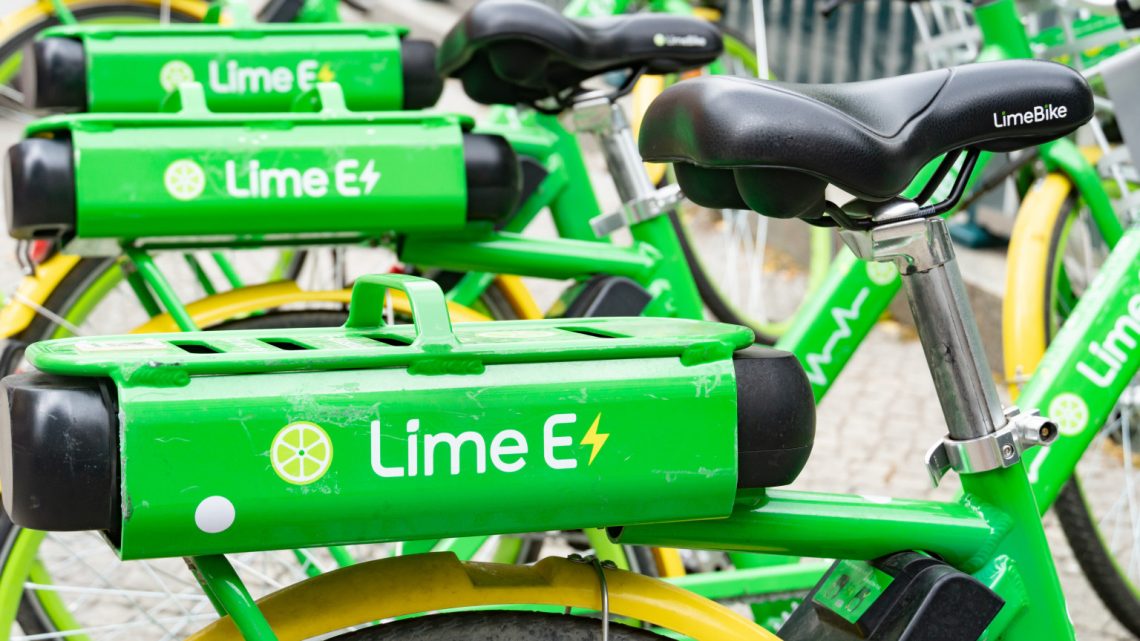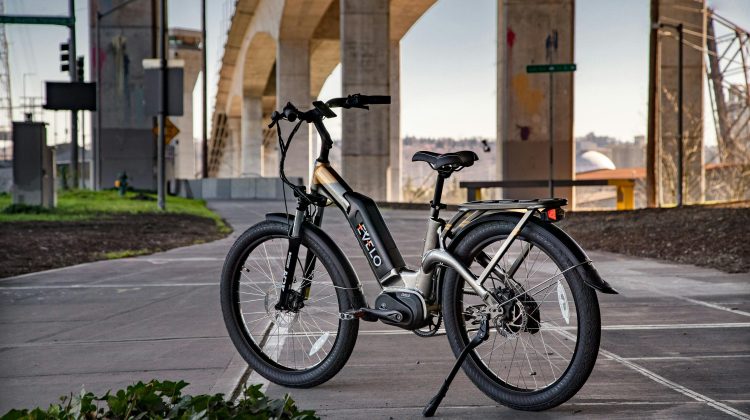What is an E-Bike?
E-bikes refer to bicycles that are powered by an electric motor, along with fully operable pedals and all the normal features of a regular bicycle. These electric bikes are usually powered by lithium-ion batteries that generate less than the maximum of 750 watts.
In Nebraska, a popular state for e-biking, there are three classes of vehicles encompassed by the e-bike definition. 36 other states operate under a similar three tier bike classification system as outlined by Nebraska law. The classes are defined as:
Class 1 E-Bikes
These are equipped with pedal-assist technology that works when operable pedals engage the electric motor. Without moving the pedals, a class 1 electric bicycle’s motor should not be run. Another important distinction is that the pedal assisted motor cannot provide any boost when the bike reaches 20 miles per hour.
Class 2 E-Bikes
While they include the same pedal assisted functionality of the class 1 bike, class 2 electric bicycles are equipped with motors that can propel the bicycle by itself. This boost can also not exceed the 20 miles per hour limit as the class 1 bicycle. The additional function can be used to provide breaks for constant pedaling with its increased optionality.
Class 3 E-Bikes
Similar to the class one bike, the pedal assisted technology of the class 3 bike is the only way to engage the electric motor. However, the motor doesn’t cease to provide assistance until speeds reach 28 miles per hour. Along with the substantially higher speed limit, class 3 bikes are also equipped with a speedometer.
What Do You Need to Ride an Electric Bike in Nebraska?
In major Nebraska cities like Lincoln, public e-bike sharing services such as BikeLNK and B-cycle have fueled the popularity of electric biking as a method of alternative transportation. No matter what class of e-bike you prefer, understanding Nebraka’s state bike laws and regulations will ensure the safety of each ride and help avoid potential legal issues.
E-Bike Helmet Laws
While helmet use is strongly encouraged to prevent serious injury, Nebraska has no distinct helmet law in place. Nebraska e-bike users should still keep in mind the importance of helmet use and bicycle accident injury prevention, despite legally being able to ride without a helmet.
E-Bike Required Equipment
The two major Nebraska electric bike equipment mandates involve the brakes and lights. At night, e-bike lights must be equipped with lights visible from at least 500 feet. Also, rear red reflectors must be visible between one hundred and six hundred feet when in front of lower vehicle headlights. Operational brakes are outlined as allowing the bike to stop within twenty-five feet of the braking point when moving at a speed of ten miles per hour.
E-Bike Riding on Roads
All electric bicyclists can ride on the road according to Nebraska state law, but the rider must ride as close to the right curb or right edge of the roadway as possible. This excludes when passing another cyclist, making a left turn, or avoiding any hazard. E-bike riders must also abide by speed limits, stop signs, and other applicable traffic laws.




No Comment